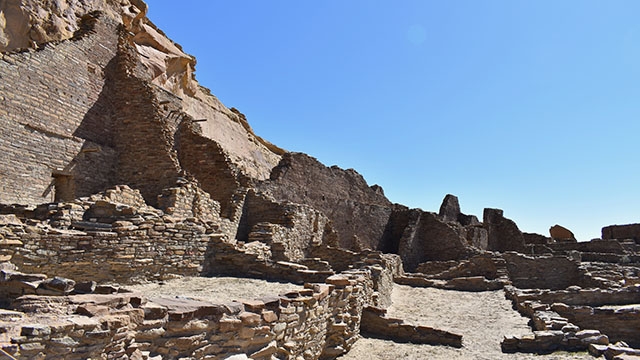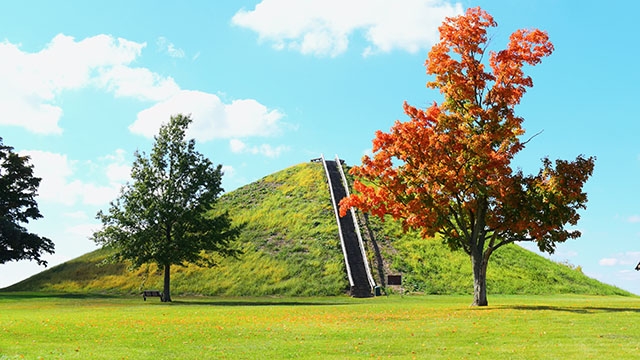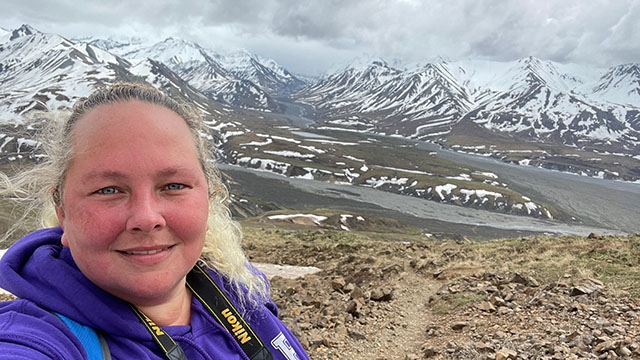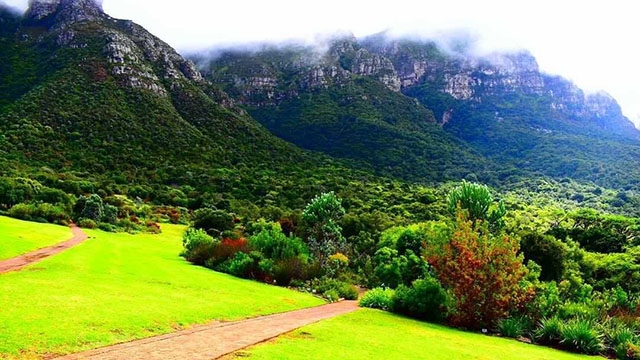ASU Online anthropology student finds her passion by traveling
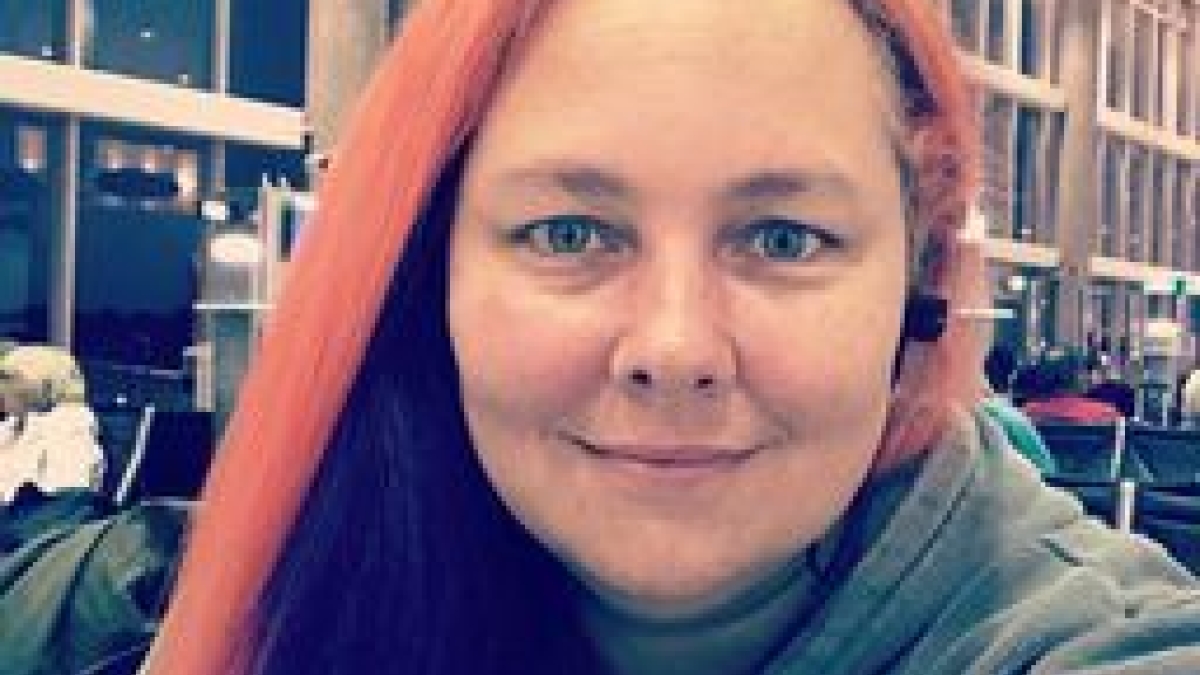
Kelly Erickson is an ASU Online anthropology student who is graduating in spring 2022.
Editor's note: This story is part of a series of profiles of notable spring 2022 graduates.
Kelly Erickson always enjoyed traveling and history but wasn’t aware of her options with anthropology until she enrolled in Arizona State University’s online program.
Erickson is an undergraduate online student at Arizona State University and will graduate this spring with a Bachelor of Arts in anthropology from the School of Human Evolution and Social Change.
While working full-time for Uber, this self-proclaimed non-traditional student from Spring Hill, Florida, found out about the Uber partnership with ASU.
“Uber started sending out information about a college program,” Erickson said. “I already had the lifetime rides, I was their highest level of driver and I qualified.”
Erickson didn’t know a lot about anthropology, or careers in the field, until she was looking at the programs offered by ASU Online. One anthropology course, in particular, led her on an unexpected adventure of a lifetime.
“Fraud, Myths and Mysteries,” is a course taught by Sara Marsteller, who is a lecturer at the School of Human Evolution and Social Change. During this class, Marsteller assigned a textbook book by anthropologist Kenneth L. Feder. Erickson enjoyed the textbook so much that she looked up other books by the author and found “Ancient America: Fifty Archaeological Sites to See for Yourself.”
An idea was born, Erickson made a plan to visit the 50 sites in the United States that Feder talked about in his book.
“My sister said she’d take my dog for a year, I put everything in storage and I decided I was going to hit the road,” Erickson said.
She managed to go to 45 out of the 50 sites mentioned in the book while working online toward her degree. Some sites were closed, and traveling wasn’t always easy. She was also able to have her 12-year-old niece join her on some visits.
Erickson camped in a tent, her car and sometimes stayed at community centers and hotels. She planned ahead for her school assignments because WiFi wasn’t always available. There were dirt roads and snow, but she said it was worth it. She took safety precautions, locked her tent, communicated with her family and was always aware of her surroundings.
“I've had some of the best sleep I've ever had in my life on this trip,” Erickson said. “Just sleeping outside, just the sounds of nature, the skies are clear. It was just beautiful.”
Her favorite places on the trip were hiking the South rim of the Grand Canyon, Chaco Culture National Historical Park and Medicine Wheel in the Bighorn National Forest in Wyoming.
“It’s the same thing I felt at Stonehenge,” Erickson said. “You just feel the sense of how many people have been there before you.”
Her love of travel continues this semester, she is participating in a study abroad program in South Africa with the School of Human Evolution and Social Change. Erickson received the Gilman Scholarship, the school's study abroad scholarship and the Global Education Office Travel Grant to help fund her trip.
Erickson will graduate this spring with honors and is applying for PhD programs with a strong interest in bioarchaeology.
Leading up to commencement, we asked Erickson a few questions about her time at ASU.
Question: What was your “aha” moment when you realized you wanted to study the field you majored in?
Answer: It happened in two parts. On my trip to England, when I was visiting Stonehenge and the many historical sites there, it struck me how amazing and powerful these sites are, as well as the information we have gleaned from them. I still had no idea that anthropology was something I could actually study. When Uber offered their scholarship for ASU, and I was looking through their many majors, anthropology jumped out at me. I realized this is such a better description of what I want to study than just history. The quest to learn more about the many different cultures that preceded us and those that exist in our own time just felt right to me.
Q: What’s something you learned while at ASU — in the classroom or otherwise — that surprised you or changed your perspective?
A: I learned a lot about the history of the U.S. and how diverse the different native histories are. This happened in school in the anthropology classes I took, as well as during my travels to anthropological sites. I believe I had a very narrow view of that diversity prior to these experiences. On a personal level, I learned that I can do anything I put my mind to and I can adapt to any situation.
Q: What’s the best piece of advice you’d give to those still in school?
A: The best piece of advice I can give to those in school is that there is no right or wrong way to do this. You can go straight from high school to college, be on your third attempt, or never attempt it until later in your life. No matter which route you take to get to where you want to be, it is the right route for you.
More Arts, humanities and education

ASU professor's project helps students learn complex topics
One of Arizona State University’s top professors is using her signature research project to improve how college students learn…

Award-winning playwright shares her scriptwriting process with ASU students
Actions speak louder than words. That’s why award-winning playwright Y York is workshopping her latest play, "Becoming…

Exceeding great expectations in downtown Mesa
Anyone visiting downtown Mesa over the past couple of years has a lot to rave about: The bevy of restaurants, unique local shops…


